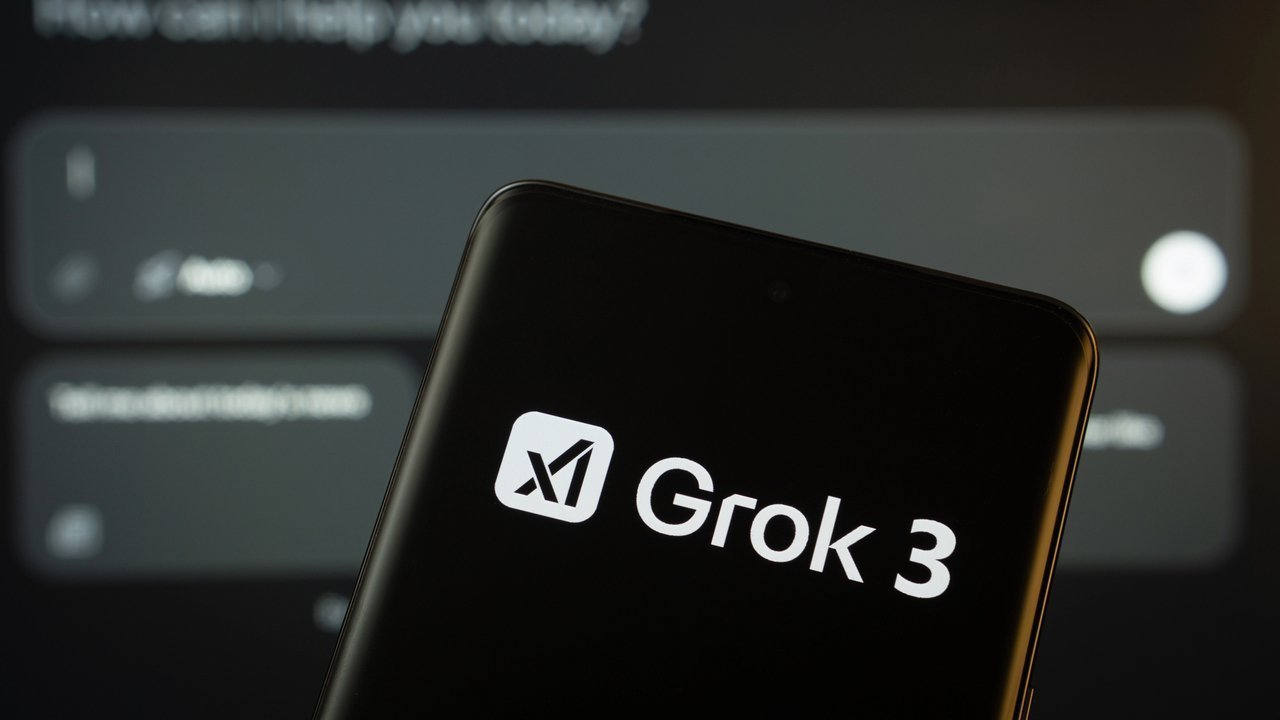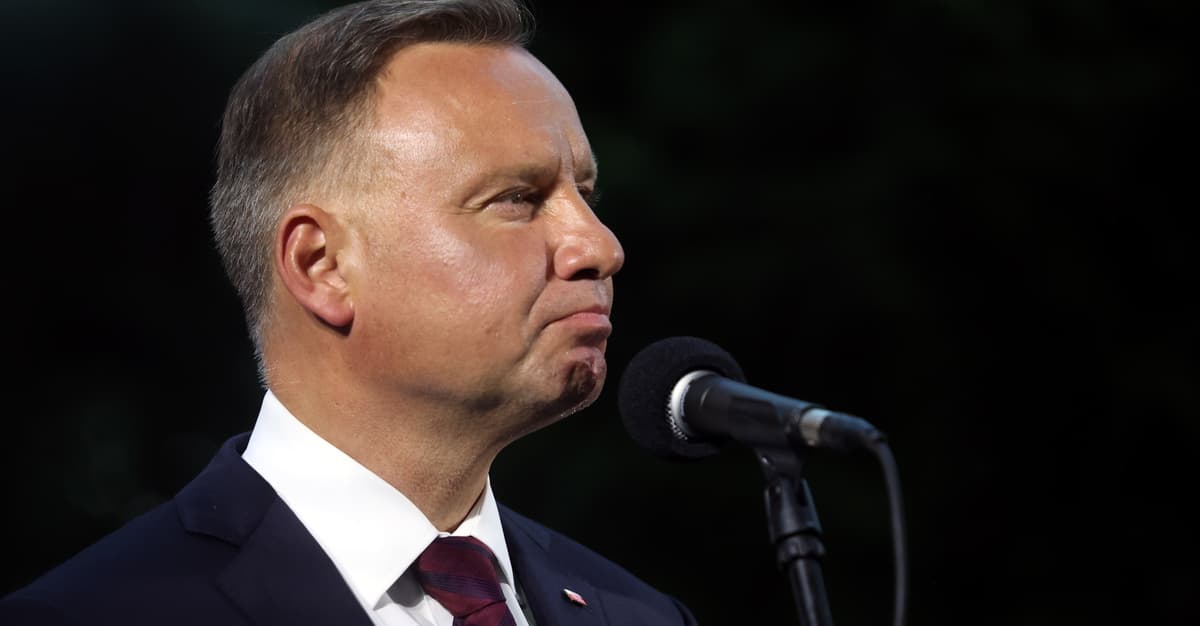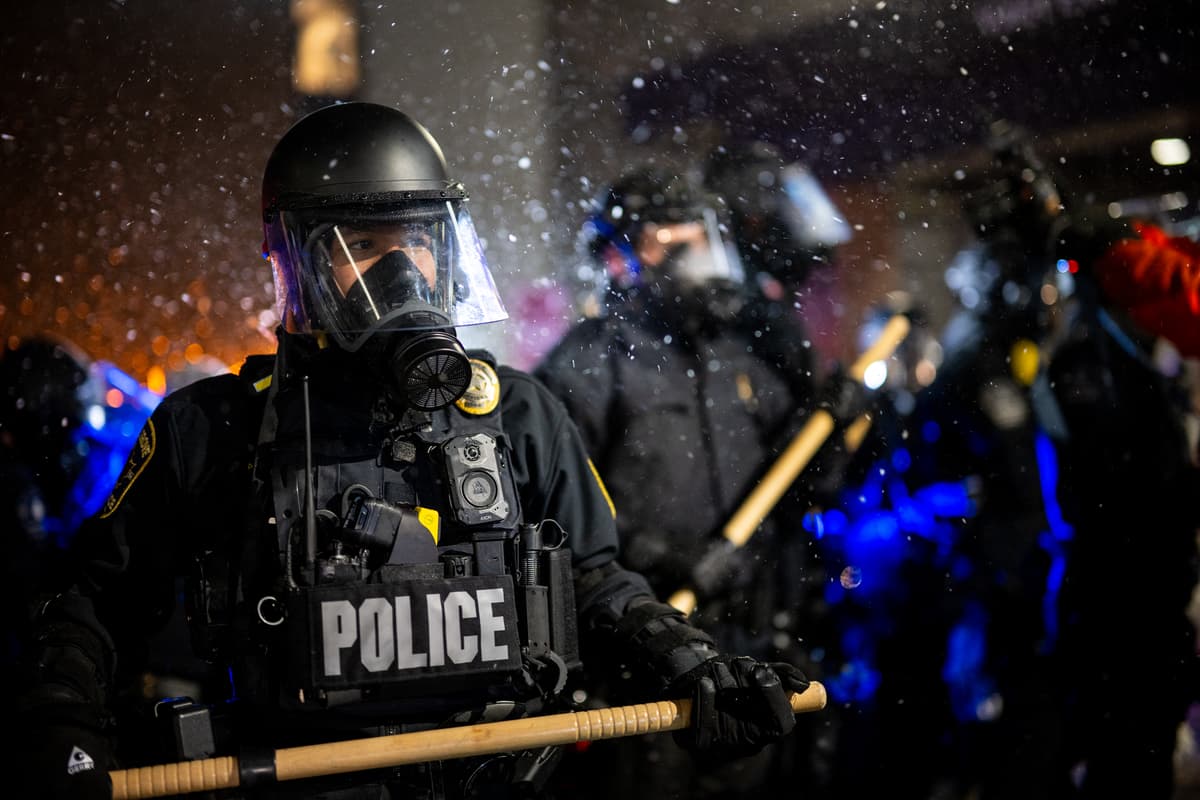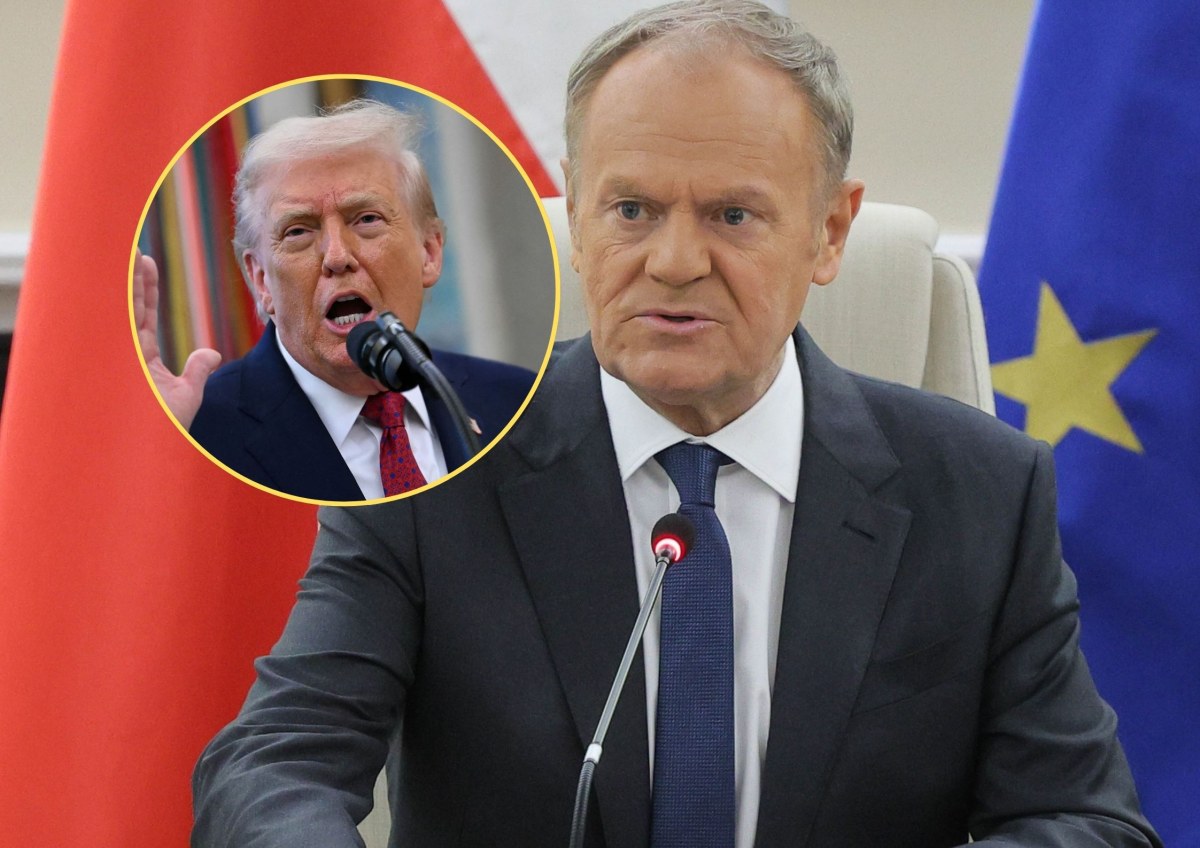
CDC Advisers Ousted By RFK Jr. Voted On Vaccines Despite Conflicts
Authored by Zachary Stieber via The Epoch Times (emphasis ours),
Multiple people who until early June served on a federal vaccine advisory committee cast votes on vaccines despite receiving or recently receiving money from pharmaceutical companies that stood to be affected by the votes, according to an Epoch Times review.
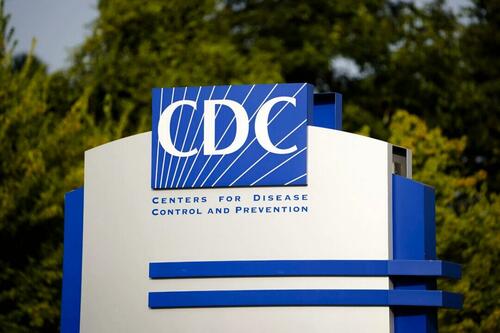 The Centers for Disease Control and Prevention (CDC) headquarters in Atlanta on Aug. 25, 2023. Madalina Vasiliu/The Epoch Times
The Centers for Disease Control and Prevention (CDC) headquarters in Atlanta on Aug. 25, 2023. Madalina Vasiliu/The Epoch TimesDr. Helen Y. Chu, a professor of medicine and allergy and infectious diseases at the University of Washington, reported throughout 2024 receiving funds from Merck, among other pharmaceutical companies. In October 2024, in her first meeting as a member of the Advisory Committee on Immunization Practices (ACIP), Chu voted in favor of expanding recommendations for vaccination against pneumococcal disease.
Merck manufactures multiple pneumococcal conjugate vaccines.
Chu did not submit any conflict of interest disclosures for the meeting, according to a CDC database.
ACIP advises the Centers for Disease Control and Prevention on vaccines. Members “are required to declare any potential conflicts of interest that arise in the course of ACIP tenure,” according to the CDC’s website. Members who declare perceived or actual conflicts of interest, the site says, “will be asked to recuse themselves from participating in the discussion and decision-making of the issues relating to that interest.”
ACIP rules state that to be considered for appointment to the panel, potential members must resign from any roles with a vaccine manufacturer, with exceptions for service on data monitoring boards and participation in clinical trials. The rules refer to a federal law that says special government employees such as ACIP members are barred by criminal statute “from participating personally and substantially in an official capacity in any particular matter in which, to his knowledge, he or any other person specified in the statute has a financial interest, if the particular matter will have a direct and predictable effect on that interest.”
Chu has outlined payments from Merck in conflict-of-interest disclosures for numerous studies. In a study published in August 2024, several months before the ACIP vote, Chu reported “consulting with” Merck. In another paper, received by a journal on Nov. 7, 2024—two weeks after the ACIP meeting—she reported “receiving personal fees” from a number of companies and groups, including Merck and Pfizer. In other papers in 2024 and 2025, Chu said she has served on an advisory board for Merck and received advisory board fees.
Chu is listed in another government database, which compiles payment records for physicians, as receiving $3,255 from Merck in 2023 and $4,899 from Merck in 2019, primarily for consulting.
That database has not yet published information for 2024.
Chu did not respond to requests for comment.
Chu and the other 16 ACIP members dismissed by Health Secretary Robert F. Kennedy Jr. earlier in June said in an article published on June 16 that ACIP procedures “have minimized the risk of alleged conflicts of interest and biases” and that “statements about potential conflicts were required during each meeting and before each vote, and members recused themselves from voting if any conflicts were identified.”
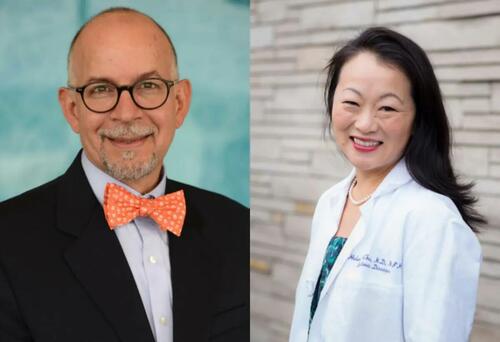 (Left) Dr. Edwin Jose Asturias; (Right) Dr. Helen Y. Chu. CDC via The Epoch Times
(Left) Dr. Edwin Jose Asturias; (Right) Dr. Helen Y. Chu. CDC via The Epoch TimesOther Members
Other dismissed members also voted on vaccines even though they recently received funds from at least one company that stood to be affected by the votes, The Epoch Times review found.
Dr. Edwin Jose Asturias, associate professor of pediatrics at the University of Colorado School of Public Health, and Dr. Lin H. Chen, associate professor of medicine at Harvard Medical School, reported receiving thousands of dollars from Merck through at least 2023.
Both participated in the same 2024 vote on pneumococcal vaccination as Chu.
Chen also received $43,462 through at least 2023 from Valneva, which makes a chikungunya vaccine.
She abstained in April from voting on that shot.
“No conflict, but to avoid possible perception of conflict of interest for past [work] on chikungunya trials, I will abstain,” she said.
At a mid-2024 meeting, Dr. Yvonne Maldonado, professor of pediatrics, epidemiology, and population health at Stanford University’s School of Medicine, recused from votes on COVID-19, influenza, and pneumococcal vaccines because she was the principal investigator for trials for vaccines against COVID-19, respiratory syncytial virus, and varicella, including Pfizer’s COVID-19 vaccine trial.
Months later, in the October 2024 meeting, Maldonado supported the expansion of pneumococcal vaccination recommendations and cast a vote in favor of advising the CDC to recommend more COVID-19 vaccine doses.
Maldonado reported $997,800 in research funding from Pfizer in 2023, according to the Open Payments database. She received $6,682 from Merck in 2023.
Dr. Oliver Brooks, CEO of Watts Healthcare Corporation in California, joined the latter vote. He reported receiving approximately $44,000 from Sanofi Pasteur through at least 2023. Under an agreement signed in 2024, Sanofi is assisting Novavax in commercializing its COVID-19 vaccine.
Chen, Maldonado, the University of Colorado School of Public Health, and Watts Healthcare did not return inquiries.
“Having a conflict-of-interest does not mean that people’s decisions will be biased but it creates the impression that the decisions could be biased and that undermines public confidence,” Dr. Joel Lexchin, an associate professor in the University of Toronto’s Department of Family and Community Medicine, who has studied conflicts of interest, told The Epoch Times in an email.
“To remove that impression, the most optimal way to move forward is to avoid the conflict but if that can’t be done then people must manage the conflict. In this case, that would be by abstaining on the vote,” added Lexchin, who assessed the situations of Chen and Maldonado.
Lexchin also said the members should have refrained from participating in discussions on the vaccines.
Another former ACIP member, Noel T. Brewer, a professor in public health at the University of North Carolina Gillings School of Global Public Health, has disclosed in recent papers past work as a paid consultant for Moderna, Novavax, and Sanofi, which make or are involved with COVID-19 vaccines, as well as Merck. It’s not clear when the work was done.
Brewer, who did not respond to a request for comment, voted in favor of expanding pneumococcal and COVID-19 vaccination guidance.
Asturias, Brewer, Brooks, Chen, Chu, and Maldonado also all voted in 2024 to approve new versions of the childhood and adult immunization schedules. The schedules include pneumococcal, COVID-19, respiratory syncytial virus, and varicella vaccines. None declared conflicts of interest.
Timing of Conflicts
Potential ACIP members must fill out a confidential U.S. Office of Government Ethics financial disclosure. Filers are told to report positions in the conflict of interest section for the preceding 12 months.
No other timing is mentioned in the ACIP rules or charter.
The CDC did not respond when asked to confirm that it only considers potential conflicts within the previous year.
Lexchin said that three years is typically the period of time set by journal editors for conflicts of interest.
In the article from the just-ousted ACIP members, they reported conflicts of interest for the past 36 months.
Chen said in the article that she resigned from Valneva and stopped receiving fees from pharmaceutical companies before starting her ACIP term. Chu reported receiving fees, and Maldonado listed her trial work for Pfizer and AstraZeneca, with neither specifying that the money stopped coming in before their work on ACIP began.
Asturias and Brooks did not list any conflicts.
Dr. Aaron Kheriaty, fellow and director of the Ethics and Public Policy Center’s Bioethics and American Democracy Program, told The Epoch Times in an email that it’s a recurrent challenge for health agencies such as the CDC and the committees that advise them to avoid being captured by industries, and that one method of capture is through payments.
Kheriaty, who was previously fired from the University of California–Irvine School of Medicine for not receiving a COVID-19 vaccine, said that in addition to prohibiting ACIP members from taking money from pharmaceutical companies during their time on the committee, the members should be barred after serving for at least eight years from accepting payments from the industries with which they were involved.
“Such a policy would prevent not only current conflicts of interest but also mitigate the promise of ‘future reward’ from industry,” he said. “Disclosure of conflicts alone is insufficient; these conflicts must be eliminated entirely.”
Dr. George Kuchel, professor of geriatrics at the University of Connecticut’s Center on Aging, another ousted ACIP member, abstained this year from voting on respiratory syncytial virus vaccines.
“I have no conflicts of interest,” he said at the meeting. “However, I will abstain … because I consulted for six months about a decade ago.”
The Department of Health and Human Services declined to provide the confidential disclosures filled out for the government by the former panelists or the conflict-of-interest waivers issued for the members in 2024 and 2025. The CDC in 2023 rejected a Freedom of Information Act request from The Epoch Times for the information, saying the documents were “exempted from release by statute.”
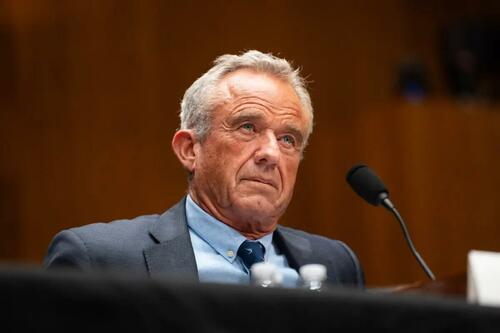 Health Secretary Robert F. Kennedy Jr. testifies before the Senate Health, Education, Labor, and Pensions (HELP) Committee on Capitol Hill in Washington on May 14, 2025. Madalina Vasiliu/The Epoch Times
Health Secretary Robert F. Kennedy Jr. testifies before the Senate Health, Education, Labor, and Pensions (HELP) Committee on Capitol Hill in Washington on May 14, 2025. Madalina Vasiliu/The Epoch TimesFull Sweep
In their article this week, the former members decried their removals, describing the move and the narrowing of COVID-19 vaccine recommendations as lacking clear rationale and destabilizing efforts to vaccinate more people in the United States.
They also said that the ousters and the appointment of eight new members, along with reorganization of CDC employees working on immunizations, “have left the U.S. vaccine program critically weakened.”
“I’d argue the opposite: what has weakened trust is decades of stacking advisory committees with individuals, whether financially conflicted or intellectually entrenched, while sidelining those who ask hard, necessary questions,” Kim Witczak, who has served on federal advisory committees as a consumer representative, told The Epoch Times in an email.
Kennedy has said that he removed the members because of a history of issues, including conflicts of interest.
He pointed to how a House of Representatives committee in 2000 found conflicts of interest among members of ACIP and the panel that advises the Food and Drug Administration on vaccines, including that some owned stock in the companies that make vaccines, and a 2009 inspector general report that concluded that 64 percent of members of one of the CDC’s advisory committees had potential conflicts of interest that were not identified or resolved.
“Today we are prioritizing the restoration of public trust above any specific pro- or anti-vaccine agenda,” Kennedy said in a statement. “The public must know that unbiased science—evaluated through a transparent process and insulated from conflicts of interest—guides the recommendations of our health agencies.”
He later wrote on the social media platform X that for the past 20 years, “individual panelists regularly voted to recommend new vaccines owned by companies with which they personally had obscene financial conflicts.”
Health officials have said they will be implementing new policies that recommend panelists recuse themselves from votes that would impact current or former clients.
Kennedy was responding to concerns raised about Dr. Robert Malone, a new ACIP member who was paid by plaintiffs suing Merck over its measles, mumps, rubella vaccine. In a report filed in 2018, Malone concluded that Merck misrepresented testing results.
Malone told The Epoch Times that he has not been involved in the case, which was dismissed in 2023, for years, and that he has received ethics training for the new position.
ACIP rules state that members, during their tenure, “do not serve as a paid litigation consultant or expert witness in litigation involving a vaccine manufacturer.”
A Department of Health and Human Services spokesperson told The Epoch Times in an email that ethics agreements for the new members will be released before they start work on ACIP. The panel is slated to meet for three days beginning on June 25.
Martin Kulldorff, another new member, prepared a separate report against Merck in a different case that was also dismissed. Additionally, he is listed as an expert witness in a third case that is set to go to trial later this year. Kulldorff has not responded to requests for comment.
Tyler Durden
Fri, 06/20/2025 – 09:40

